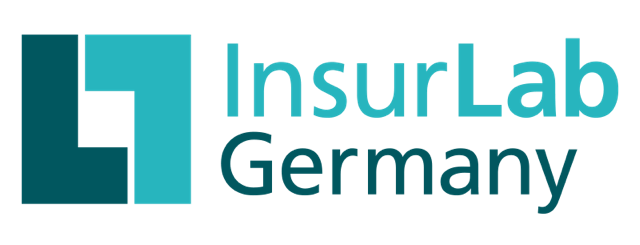ambeRoad: Artificial intelligence quickly finds the right data while optimizing search results
Search engines like Google and others show how it's done: Enter keywords or a short question and the result you are looking for is there. The "KISS42" project promises the answer to all operational questions for RAG. In cooperation with an interdisciplinary RAG team, the startup ambeRoad from Aachen developed the intelligent search engine amberSearch - designed for the specific data and requirements of the company. The software from Aachen solves a problem that is not only known in mining, but also in insurance - making knowledge from different archives accessible.
Every third person needs between 5 and 25 minutes Per search (!) after a document, other Studies by McKinsey assume up to 1.8 hours per day per employee. If this is scaled, even smaller insurance companies spend six figures on personnel costs alone for searching for information. In addition, the search is not only about the search process itself, but also about the processes attached to it. If the employee does not find the required information, a colleague is first asked and thus prevented from working. Alternatively, documents or the knowledge are created again, which also costs an enormous amount of time. For this reason, good knowledge availability for employees is crucial for the success of all companies whose success is based on the accessibility of information.
ambeRoad's Enterprise Search not only helps RAG to make searches in RAG's documents efficient for employees, but above all to make the archived knowledge from 150 years of coal mining usable for current operational tasks. There are many parallels between the IT infrastructure of insurance companies and mining companies: Documents are often stored on general-purpose systems such as SharePoint, network drives or the intranet, but are subsequently difficult to retrieve due to large volumes of data and poor search functions. Such parallels can easily be exploited by insurance companies to quickly and efficiently find specific knowledge from older contracts, case studies, relevant insurance terms or reasons for rejection using such innovative technology.
"For us, the project was a successful start to the use of AI methods in the field of geoinformation and search technology. The know-how and innovative spirit of ambeRoad opened up completely new possibilities for the intelligent use of our databases," emphasizes Peter Vosen, head of the geodata department at RAG and head of the KISS42 project.
"It's always exciting when startups collaborate with corporations; two cultures sometimes collide," says Julian Reinauer of ambeRoad. "The cooperation with RAG has shown that both sides can learn from each other. On the one hand, the corporations benefit from the speed and agility of the startups, and on the other hand, startups gain insights into the processes and structures of large corporations."
It may come as a surprise, but even an artificial intelligence has to learn before it can fully display its expertise. During a trial phase, the amberSearch search engine first learned what types of data it should be able to read: Geodata, Office documents from Excel to PowerPoint, (scanned) PDFs, but also maps, graphics, images and much more should be available to users to match their query. The beauty of ambeRoad's solution is that through custom language models trained without customer data, amberSearch is quickly able to learn the specialized terms of insurance companies. "Training the specialty terms to our algorithms was a huge challenge at first, but ultimately leads to users learning to love our search," said ambeRoad's Phillipp Reißel.
The software's teething troubles had to be cured, and the user-friendliness of the search had to be ensured: As simple as possible, as complex as necessary, was the motto. And last but not least, the artificial intelligence must also understand and implement the different authorizations of the RAG users so that data protection is maintained with all transparency.
The new search is based on existing database software, the "Digital Service File. It is available to all RAG employees as a research tool, but so far it only maps a section of the company's data and is more of a Google for specialists. For this reason, other data sources will also be connected in the future. KISS42 therefore expands the in-house data with information from the Internet, searches and supplements and creates intelligent links from internal and public documents. The search results are available within a few fractions of a second and that with Million of documents and about 40 terrabytes of data volume.
After the company-wide rollout, the artificial intelligence continues to learn - with every user feedback, every query, based on selected search results and recurring search terms. KISS42 is constantly optimizing itself, so to speak, and in the end provides the right answers to all questions.
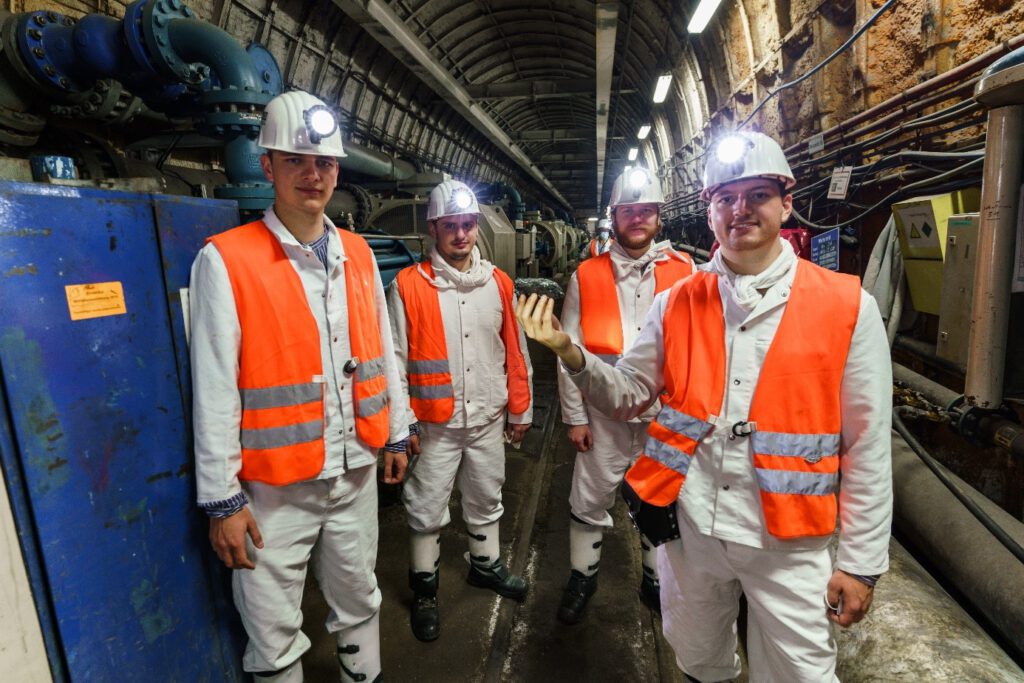
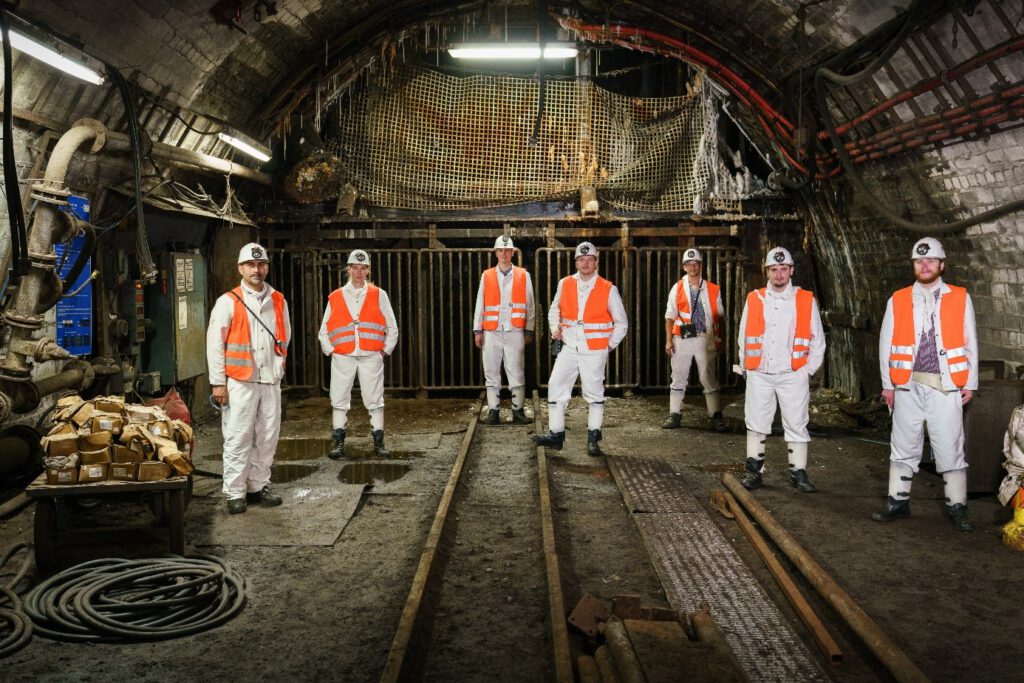
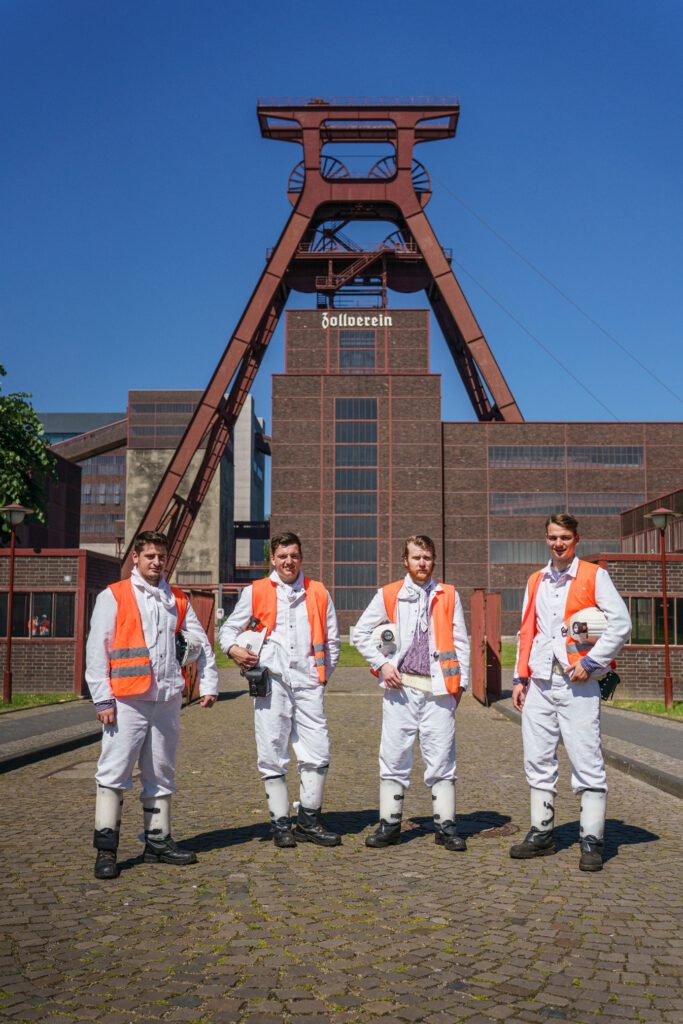
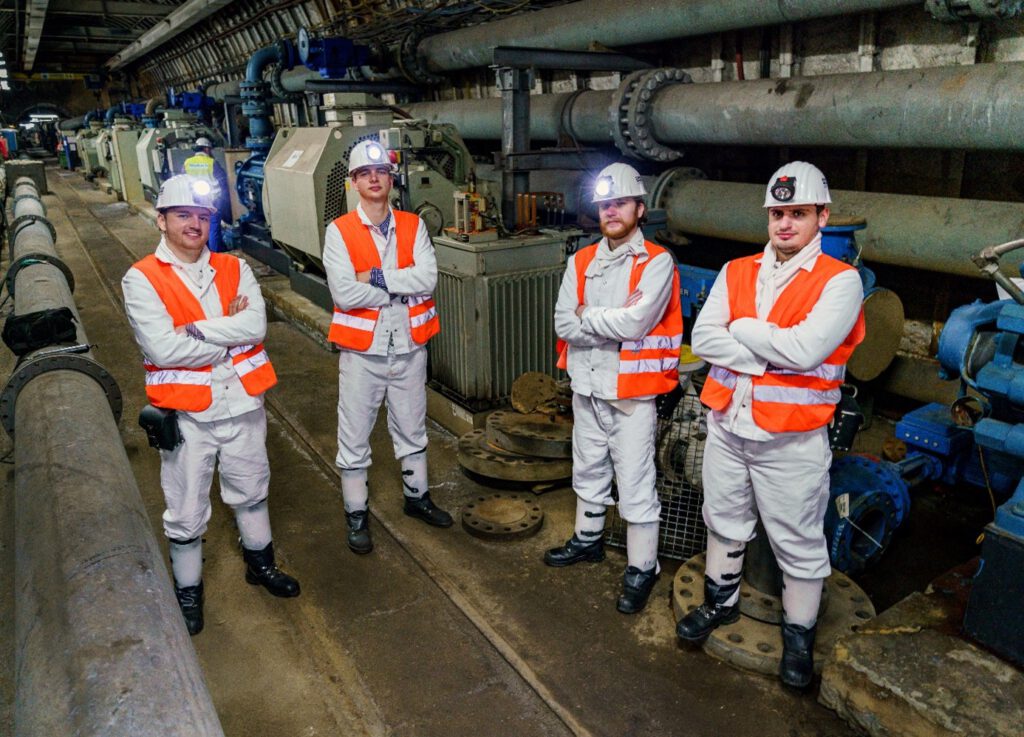
Photos:
Volker Wiciok
Project video:
KISS42
